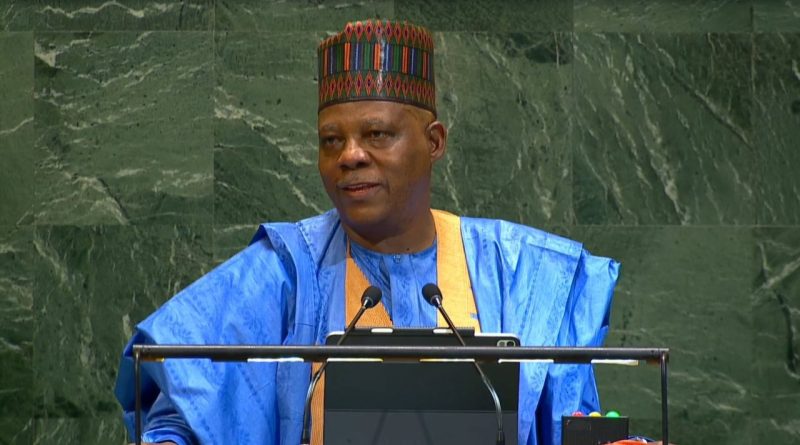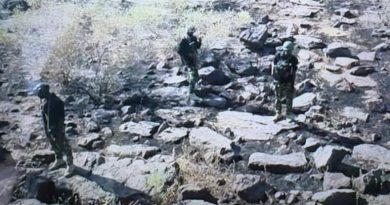UN@80: IPCR Says Charter Offers Guidance To Solving Terrorism, Violent Conflicts
By Bukar BOLORI
The Institute for Peace and Conflict Resolution (IPCR) has said the principles of the United Nations Charter offers guidance to Nigeria and other African countries bedeviled by terrorism and other violent conflicts.
The message was given by the Director-General of the Institute, Dr. Joseph Ochogwu to commemorate the 80th Anniversary of United Nations.
Ochogwu said: “Today, October 24, 2025, marks exactly 80 years since the entry into force of the United Nations Charter. As the world commemorates this historic milestone, we are reminded of the enduring vision of the Charter to save succeeding generations from the scourge of war, reaffirm faith in fundamental human rights, and promote social progress and better standards of life in larger freedom. This vision remains profoundly relevant to Africa and to Nigeria, where the pursuit of peace, justice, and inclusive development continues to shape our collective aspirations.
“In today’s complex and rapidly changing security environment, the principles of the Charter, namely sovereign equality, peaceful settlement of disputes, and respect for international law offer essential guidance. Across Africa, the persistence of violent conflicts, terrorism, and governance challenges underscores the urgent need to strengthen multilateral cooperation, preventive diplomacy, and mediation capacities. Nigeria’s leadership under President Bola Ahmed Tinubu and her experience in regional peacekeeping and conflict resolution affirm our commitment to these ideals and to the transformative role of international law in sustaining peace and security.
“The Institute for Peace and Conflict Resolution (IPCR) stands as a bridge between national policy and global peace initiatives. We reaffirm our partnership with the United Nations, the African Union, ECOWAS, and other stakeholders to promote dialogue, reconciliation, and institution-building. In this decade of action, we must deepen investments in peace infrastructure, youth empowerment, and cross-border cooperation to realize the aspirations of Agenda 2063 and the 2030 Agenda for Sustainable Development.”
He added that: “As we look to the future of the United Nations in Africa, the challenge before us is clear: to make peace sustainable, justice accessible, and security inclusive. The continued faith of Member States and communities in the principles of the UN Charter is an enduring source of hope for a more peaceful, secure, and prosperous continent.”




